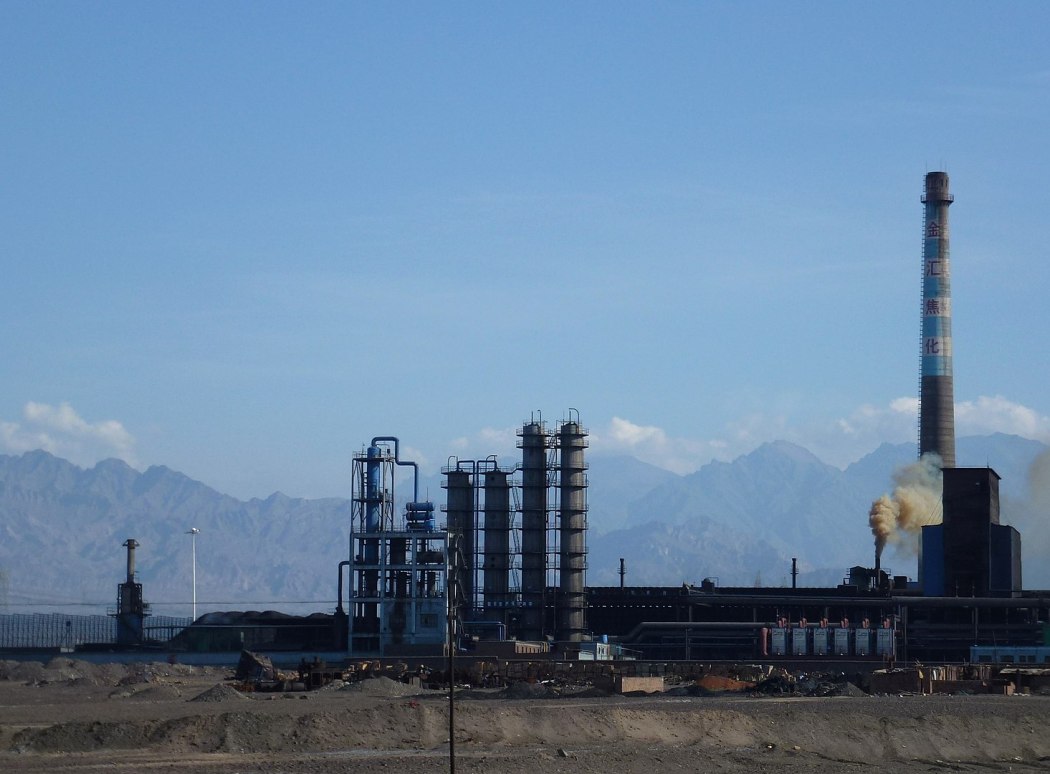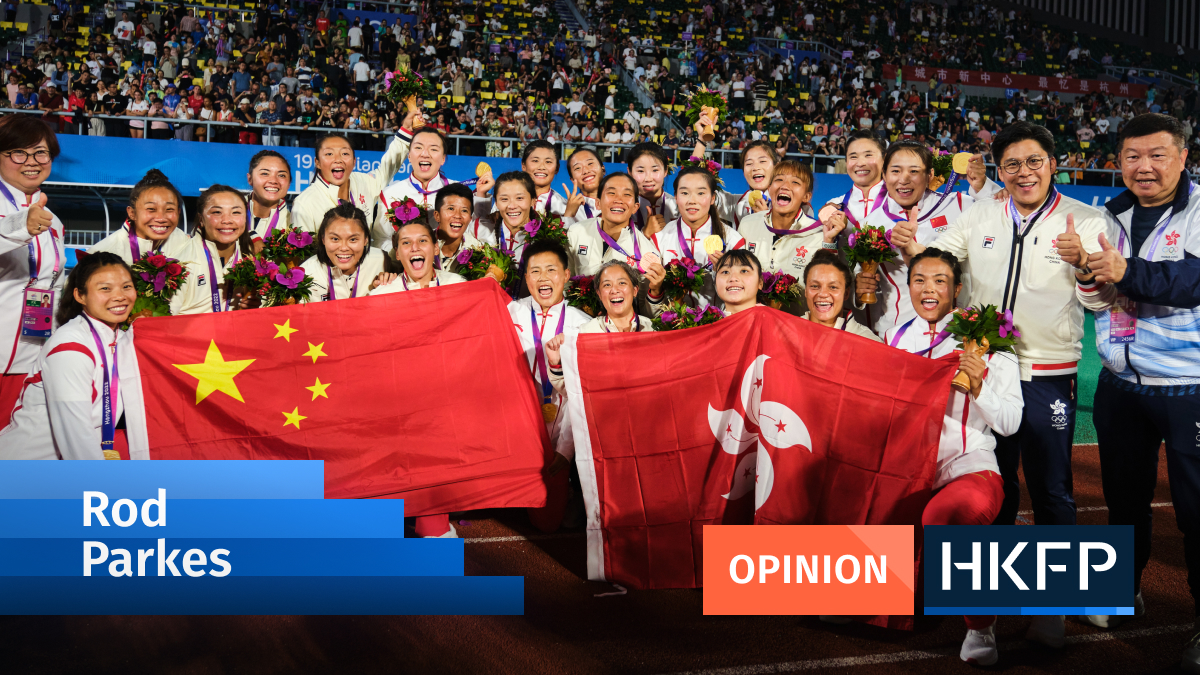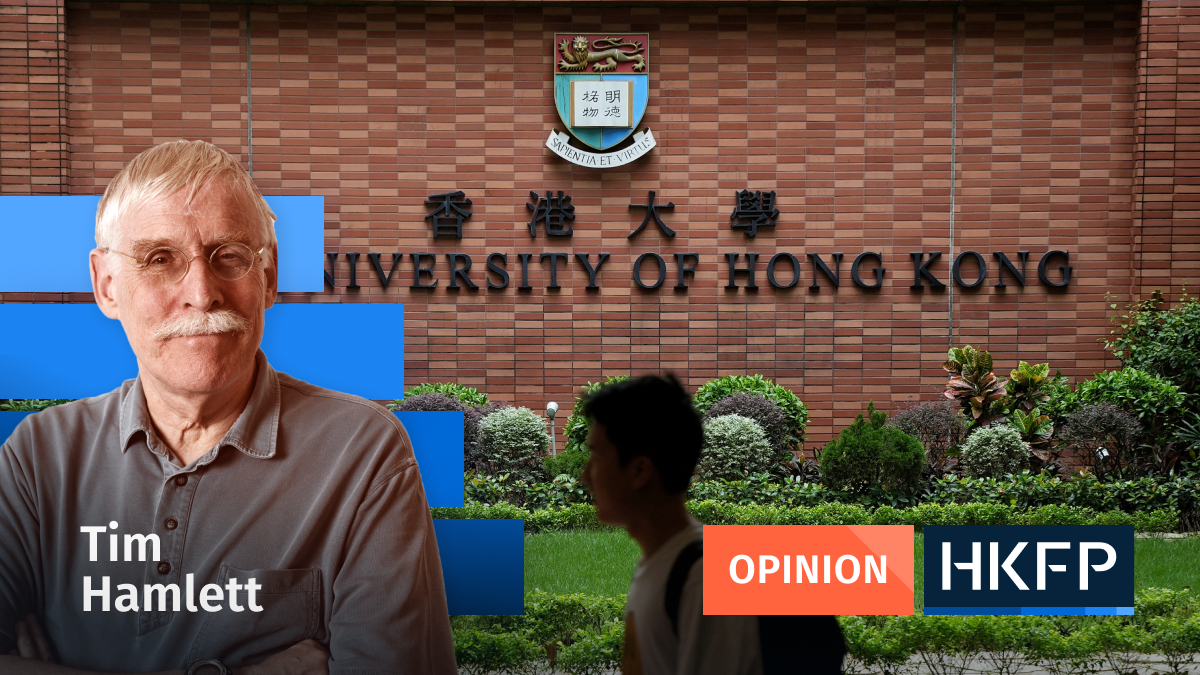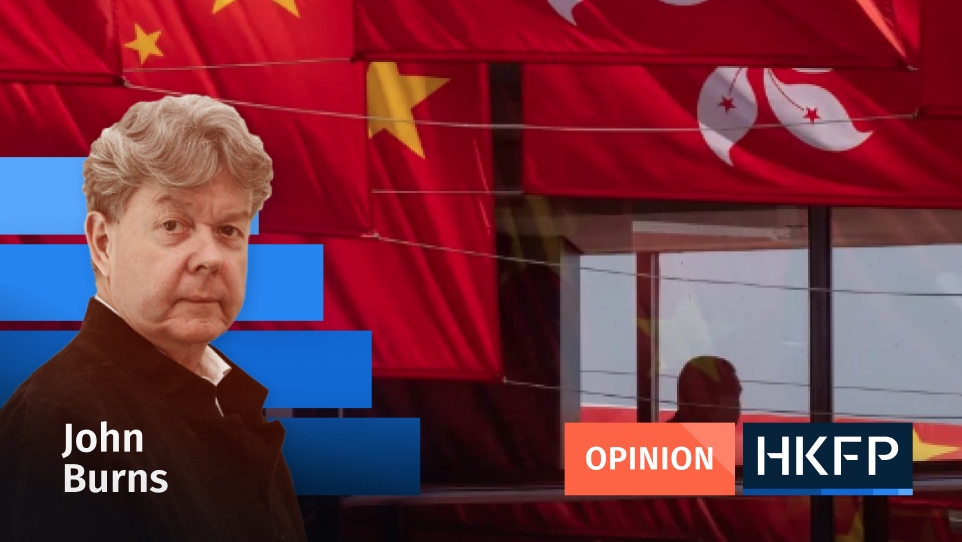The 2011 Tohoku earthquake and resulting tsunami, combined with regulatory and management failures, caused nuclear meltdown at the Fukushima Daiichi nuclear power plant in Japan. Subsequent efforts to cool damaged reactors at the plant produced huge quantities of contaminated wastewater, which is stored near the plant in a growing number of massive holding tanks.
See also: Japan must abandon its reckless proposal to discharge Fukushima waste water

Earlier this month, Japan received what amounted to a tacit go-ahead from the International Atomic Energy Agency (IAEA) to begin a process of releasing treated and heavily diluted wastewater into the sea. According to Japanese and IAEA officials, nearly all but one radioactive pollutant — tritium — will be removed from this water before it is released.
They say that doing so poses no significant — specifically, only “negligible” — threat to human or environmental health. Some environmentalists would disagree.
Announcement of the wastewater plan met with criticism from different quarters. Japanese fishers dislike the plan because they fear that their catches won’t find markets, or at least that their prices will fall. People in South Korea have been stocking up on sea salt, fearing that future supplies will be tainted.
Nowhere has the plan been more officially opposed than in China. Beijing has accused Japan of being “extremely irresponsible,” of violating its “international moral and legal obligations” and of treating the ocean like a “private sewer.” Existing Chinese restrictions on Japanese seafood have been stepped up, and it seems likely that it could be banned outright if the wastewater plan is implemented.
The Hong Kong government has been at least as shrill in its opposition to the plan, expressing “grave concern.” It has threatened to ban the import of all seafood from ten of Japan’s prefectures if the plan goes ahead.
Chief Executive John Lee declared that releasing the Fukushima water would create “unavoidable risks to food safety and the environment,” and he argued that the promised ban would be essential to “safeguard the health of citizens in Hong Kong.” Japan’s consul-general in Hong Kong has demanded that Lee provide scientific proof for such claims.
While opposition to the wastewater plan is certainly understandable, complaints emanating from China are more than a little sanctimonious. They are akin to the pot calling the kettle black.

Before outlining the obvious hypocrisy, it’s worth noting that much of the seafood, not to mention farmed fish, that is consumed in China is already contaminated to one degree or another. Tuna, for example, contains so much of the neurotoxin mercury that experts advise pregnant women and children to avoid eating it completely. Sharks are also high in mercury, making shark-fin soup both morally tasteless and risky to one’s health.
As for Hong Kong’s complaints, they ring rather hollow given that seafood from its own polluted waters is highly suspect. Japanese seafood with a trace of tritium may be much safer.
When we consider where the contaminants in seafood originate, China’s complaints become more obviously hypocritical. That’s because China is a major source of pollution entering the Pacific.
For example, China produces colossal quantities of sewage, much of it dumped into the country’s rivers before migrating to the sea. Similarly, pesticides and fertilisers run off from China’s farms and likewise travel via rivers to the sea.
China is also the largest producer of marine debris, notably plastic and other waste. It is a major source of oil pollution in the region. In addition to oil spills, Chinese ships pollute the Pacific with sewage and other toxic substances.
China’s expanding number of coal-fired power stations and factories are major sources of marine pollution. China burns more coal than the rest of the world combined. The resulting emissions lead to mercury deposition on land and sea, eventually accumulating in seafood.

Mercury levels are especially high in tuna taken from Pacific waters near China. China’s future emissions are expected to exacerbate this problem farther afield.
On top of the pollution just described, and much more not mentioned, China is a major source of radioactive pollution entering the Pacific — although we can never know the precise scale due to data shortfalls exacerbated by a lack of official transparency.
Possibly the largest source of ongoing marine radioactive pollution from China is coal use. Coal contains several radioactive elements, including radium, thorium and uranium. When coal is mined, processed and burned, these elements are released into the environment and can be transported to the sea by rain and wind. Coal ash, which can be more radioactive than nuclear waste, leaches radiation into waterways and thence to the sea.
Another potential source of increased radiation in the sea is China’s nuclear industry. With more than 50 plants, and about two dozen under construction, China is one of the largest — and soon to be the largest — producers of nuclear power.
It is already doing to other countries what it accuses Japan of planning to do: releasing radiation from nuclear facilities into the environment. For example, one-third of the radiation dose experienced by people in Seoul comes from Chinese nuclear power plants.

The Fukushima disaster produced a large amount of acute environmental radiation. It may be just a matter of time before a similar tragedy happens in China. Many of its nuclear power plants face vulnerabilities similar to those in Japan, notably to earthquakes, typhoons and the impacts of climate change.
It bears mentioning that China is rapidly expanding its nuclear arsenal. It is difficult to know how much radioactive pollution emanates from the country’s nuclear weapons programs. However, if China’s experience is anything like that of other countries with such programmes, the pollution is significant.
China released large amounts of radiation into the environment when it tested nuclear weapons over three decades starting in the mid-1960s. If it were to use its nuclear weapons, even more radiation would be released. Japan knows about such things from first-hand experience.
The hypocrisy in China’s complaints even applies to the precise isotope — tritium — that is raising so much concern with plans to release the Fukushima cooling water. China’s nuclear power plants, like others around the world, routinely release tritium into the environment, including the sea. This normally happens without much complaint.
Tokyo has pointed out that China discharges more tritium into the environment, and at vastly higher rates, than does Japan even if one includes the planned Fukushima wastewater releases.
If China is adamant that Japan should not release tritium-tainted water from Fukushima into the sea, surely it should stop its own releases first. If China doesn’t want its citizens to be affected by other countries’ radiation, it ought to set an example by not affecting their citizens with its own.

Sanctimonious complaints by Beijing won’t have much traction beyond China itself. Who listens to hypocrites? In contrast, offering to cooperate with Japan on cleaning up both countries’ nuclear facilities, and learning from Japan’s misfortune and acting accordingly, would gain China plaudits globally and perhaps help to revive its fading reputation.
As for Hong Kong officials’ threats to outlaw Japanese seafood, they ignore the fact that Hong Kong enjoys the benefits of China’s much more-polluting nuclear infrastructure. If Hong Kong officials are truly concerned about safeguarding health, they could ban seafood from polluted Chinese waters instead of stoking anti-Japan sentiment.
The Fukushima disaster and the predicament over what to do with the resulting waste vindicates those who have opposed nuclear power for decades. Indeed, the disaster tipped the balance in some places. Germany, for example, recently shut down its last nuclear power plants as a consequence.
Alas, despite the worsening climate crisis, societies’ demand for energy continues to increase. Even with its many drawbacks, nuclear power looks good compared to fossil fuels. Notwithstanding the availability of safer, cleaner and less-costly energy from the sun and the wind, nuclear power will remain a significant energy source for decades to come. All the more reason to put aside hypocrisy and replace it with international cooperation to create the safest and cleanest nuclear facilities imaginable.
Regardless of one’s view on nuclear power, everyone can probably agree that it’s not ideal for Japan to release radioactive water into the sea. But, putting sanctimony aside, if Japan shouldn’t treat the Pacific like a “private sewer,” neither should China.
Support HKFP | Policies & Ethics | Error/typo? | Contact Us | Newsletter | Transparency & Annual Report | Apps
| HKFP is an impartial platform & does not necessarily share the views of opinion writers or advertisers. HKFP presents a diversity of views & regularly invites figures across the political spectrum to write for us. Press freedom is guaranteed under the Basic Law, security law, Bill of Rights and Chinese constitution. Opinion pieces aim to point out errors or defects in the government, law or policies, or aim to suggest ideas or alterations via legal means without an intention of hatred, discontent or hostility against the authorities or other communities. |
Help safeguard press freedom & keep HKFP free for all readers by supporting our team

More HKFP OPINION:
HKFP has an impartial stance, transparent funding, and balanced coverage guided by an Ethics Code and Corrections Policy.
Support press freedom & help us surpass 1,000 monthly Patrons: 100% independent, governed by an ethics code & not-for-profit.








